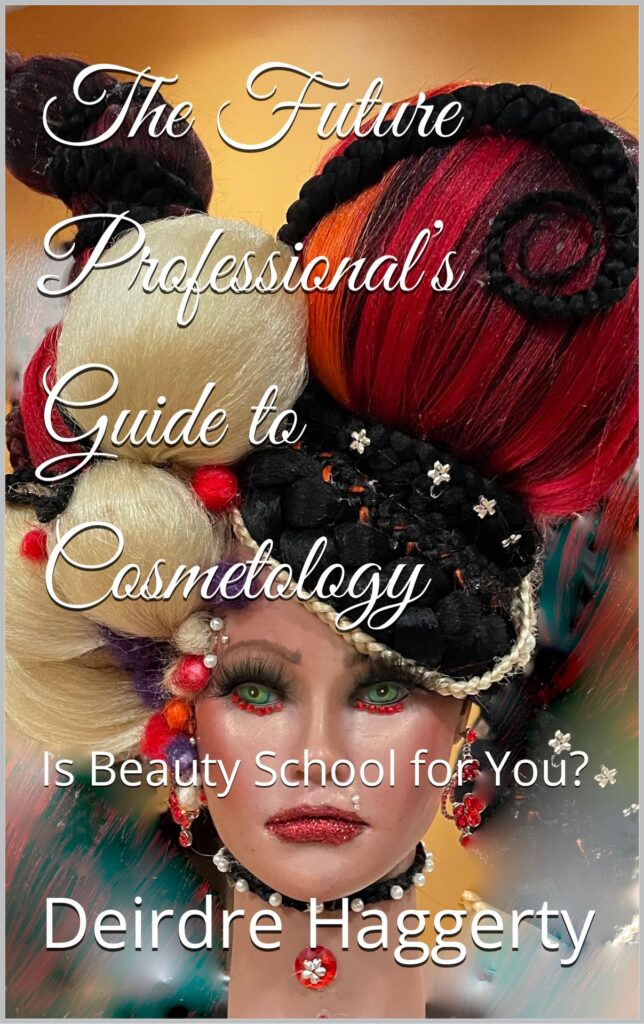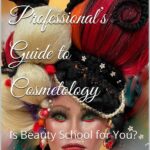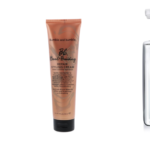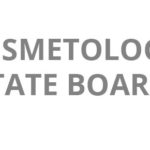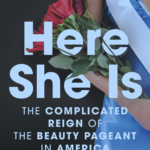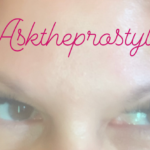A Moment to Indulge Ask the Pro Stylist
Hello gorgeous! Please allow AsktheProStylist the time for a serious rant regarding certain reactions to the Gainful Employment Rule, which was released in September of 2023 by the U.S. Department of Education. As mentioned on the opening page, the ruling has come under scrutiny from some within the beauty industry. Specifically, private cosmetology schools believe this will affect their financial growth. So, for many of my former students who have told me the school is in it for the money…well…you are not wrong.
My reasoning, and therefore my opinion, partially stems from a recent experience with the owner of a private cosmetology school in New Jersey that I will detail below and my years as a licensed professional. I feel as a hairstylist, former educator, and beauty school leader that it is my responsibility to attempt to explain as simply as I can the regulations on private for-profit institutions, and what it means for cosmetology students and the future of the beauty world.
Gainful Employment Rule
There are two important facets of the Gainful Employment Rule. According to Forbes and the Department of Education, private schools must be more transparent and the educational program’s debt must be affordable.
For starters, FVT or Financial Value Transparency mandates all private schools, including cosmetology, to provide a detailed description of all expected costs. In other words, if a school includes a “lab fee” and doesn’t have a lab, they are jacking up costs wherever they can because they now must disclose all costs and put a cap on tuition to keep student debt down. Be wary future professionals of all hidden fees and ask questions about where the lab is located, for example, in a cosmetology school.
Secondly, the student’s “debt-to-ratio earnings must be less than or equal to 8 percent, or less than or equal to 20 percent of their discretionary earnings (defined as their annual earnings minus 150 percent of the federal poverty guideline). This metric captures whether a program’s debt is affordable.” U.S. Department of Education
Wage Reporting in the Beauty Industry
The Professional Beauty Association scrutinizes how wages are reported in the cosmetology industry. The PBA states the collection of data and career paths of students vary, distorting DOE wage reporting results. And, I agree with that assessment. Here is how I hope the new guidelines change the salon world, having been in the beauty industry for over 30 years.
Cash Reporting Does Not Occur
Unless one is a salon owner, most salaries and tips are off the books. Salons try to trim the fat by declaring partial salaries, without gratuity, just including commissions, or not at all. Therefore, the true nature of what a hairstylist, cosmetologist, nail technician, or esthetician makes is skewed.
Pay a Livable Wage
Salons should pay a decent hourly wage with a record of taxable commission. However, if a livable wage was attainable, I can state most stylists would not report an accurate amount of received cash gratuities. This is unclaimed cash to pay for essentials without taxation. Not something I can argue with either.
Lucrative Beauty Careers
To the PBA’s point regarding student career trajectories, they are also correct. There are many lucrative options in the beauty industry above and beyond that of a hairstylist. If you are thinking of employment in cosmetology, read my latest guidebook The Future Professional’s Guide to Cosmetology: Is Beauty School for You? for interesting career choices. It also makes a great stocking stuffer for would-be hairstylists.
However, and perhaps the professionals in the PBA have forgotten, building a clientele, advancing in the salon world, and making enough money to pay off student debt takes some time. Apprenticeships and assistant jobs are the beginning of cosmetology careers and the money does not roll in immediately.
My hope again is that the salon world pays attention and compensates employees accordingly. Private schools, however, do not need to milk cosmetology students for every cent, charging for overtime, lockers, and lab fees, among other inconsistent items.
Sage Advice Regarding Politics and Religion at Work
Many moons ago, before the heated political climate of the past 7 years, my wise cosmetology teacher told a classroom full of high school students never to discuss politics and religion behind the chair. Unfortunately, throughout my years not every stylist or owner subscribes to that behavior. Thanks to political speech and a lot of ignorance, I have witnessed intense squirming, arguments, and shouting by both the stylists and the clients. As a result, uncomfortable guests no longer return and revenue suffers. Keeping politically quiet at work has been a longstanding tenet for me. However, that is not always the case. Besides, do you really want to anger someone with shears in their hand? Kidding!
Toxic Work Environment Encouraging Politics
During my move from New York to New Jersey I found myself taking a position out of desperation. I mean, it is understandable with the stress of purchasing a new home, gainful employment is necessary. I was wary of accepting the job offer; the bad reputation of the school and owner preceded itself, and the compensation was poor. But the work was familiar and simple to execute.
Within days of beginning work, emails were sent with links to articles regarding the Gainful Employment Rule, demanding the involvement of campus directors. Calls were scheduled to address the issue, and I was told to “be proactive with politics.” When I finally refused, stating, “I don’t mix politics and work,” my received response was, “This is not politics, it is legislation.” I laughed out loud and remembered how ignorance fuels rhetoric. I answered, “Politicians make the legislation, specifically Congress, therefore it is political, and I will refrain from the conversations.”
In addition, the rule is a “regulation” (not legislation) enacted by the Biden-Harris Administration (politics) to “safeguard against unaffordable debt,” a fact I applaud. I was asked if I knew anything about it and feigned obliviousness. Of course, I know about the ruling; I am a mother of college-aged students and a hairstylist; I just don’t agree with the owner of the school’s train of thought. He wants to keep his income high while the rest of the staff is underpaid.
Gainful Employment Rule and Vocational School
I am a big fan of vocational schools. I took cosmetology in high school and it was an amazing experience. BOCES or the Board of Cooperative Educational Services and Vocational High Schools or CTE (Career Technical Education) are not accessible in every state. Check your local, public school district to inquire about this free education. If available, it is for students living within the schooling district. Some offer adult education as well, which might also be free or have a nominal fee. Either way, it is worth considering for cosmetology programs or other vocational education where tuition is not a factor, the Gainful Employment Rule will not apply, and the graduate will not have student debt.
The Decision is Yours
In conclusion, the decision is yours. My goal is to bring the facts regarding the Gainful Employment Rule. “Just the facts, ma’am!” Your opinion is yours alone, as is your student debt. If student loans go unpaid, it will negatively impact your credit. I believe the GER will have a positive impact on the field of cosmetology by encouraging accurate reporting of income and higher wages and capping expensive tuitions. I strongly suggest asking for full financial disclosure when entering a private cosmetology school with details in writing.
Before signing the enrollment agreement or contract, thoroughly read all areas for charges, fees, and policies, including the fine print. Specifically, research if you will have to pay an overtime fee if you exceed your scheduled hours and any other hidden charges disguised as something irrelevant. We must return to a time of civil discourse where we can agree to disagree about politics. But the workplace is not the time or place.
Happy Styling!
If you have a beauty question or product for review you would like to see here, please email me at asktheprostylist@gmail.com. For laughs and a little bit of beauty advice, visit me on TikTok. I must give it more of my time. Read more about the Gainful Employment Rule at the Department of Education (link above). Knowledge is power! Until then, happy styling!
©Deirdre Haggerty 2023. ALL RIGHTS RESERVED. It is unlawful to reproduce this article or any part without the author’s prior written permission and consent.
Pages: 1 2
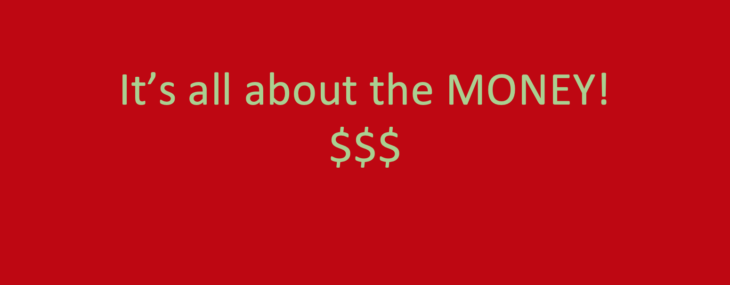

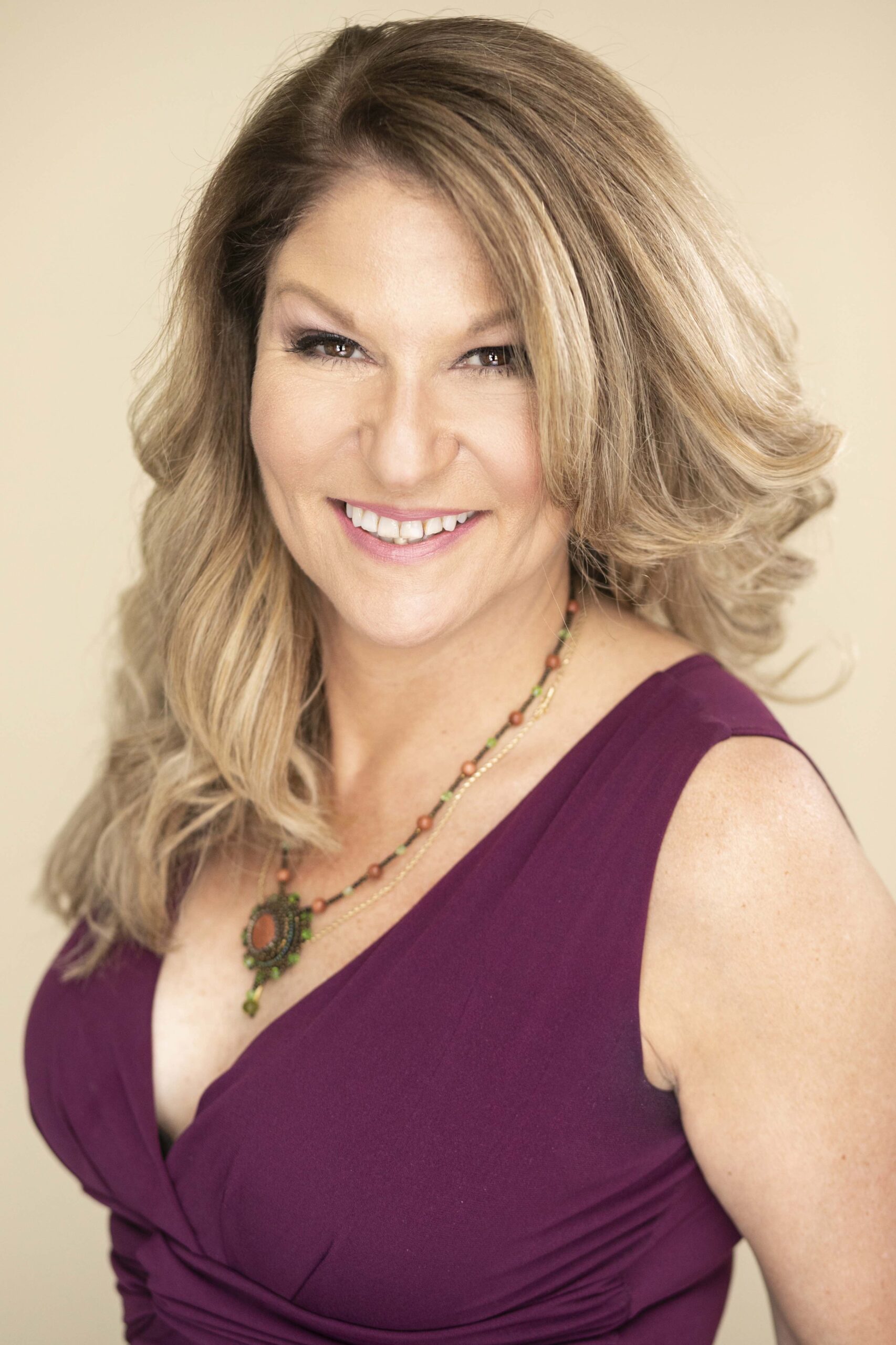 A writer, author, NY State licensed cosmetologist, beauty educator and Executive Director, Deirdre Haggerty has been actively involved in the hair and beauty industry in New York for over 30 years. Feel free to ask any question relating to hair care, beauty and skincare! Send Deirdre an email
A writer, author, NY State licensed cosmetologist, beauty educator and Executive Director, Deirdre Haggerty has been actively involved in the hair and beauty industry in New York for over 30 years. Feel free to ask any question relating to hair care, beauty and skincare! Send Deirdre an email 